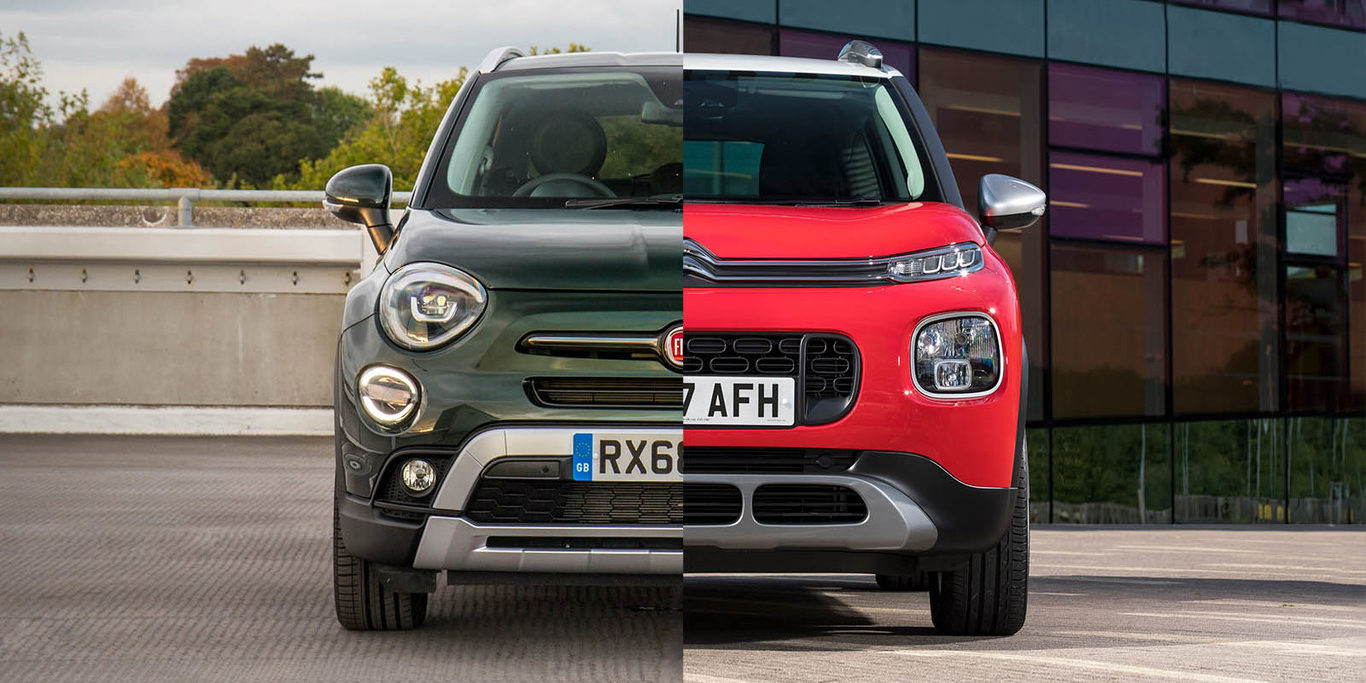At the end of last year, the groups PSA (Peugeot-Citroën, Opel) and FCA (FIAT-Chrysler) announced their merger plans to form the world’s fourth-largest automaker (behind Toyota, the Volkswagen Group, and the Alliance Renault-Nissan-Mitsubishi). The total merger of the two companies was expected to take place gradually throughout 2020; however, the coronavirus pandemic could have put these plans at risk.
At the moment, the preparations for the merger continue with the help of a series of legal teams that are working together to obtain the approval of the antitrust authorities. In parallel, auditors and financial advisers are working on the documentation required by the securities market regulator of the United States Securities and Exchange Commission.
However, the coronavirus pandemic has caused a notable drop in sales in the main world markets, which, together with the temporary closure of factories as part of the quarantines imposed to curb the disease, is causing a more than notable economic recession. This could be calling into question the financial terms of the merger.
Neither PSA nor FCA currently have income levels, market share percentages, or the same product plans as a month ago, since the global pandemic has disrupted everything.
On the other hand, the dividend of 1,100 million euros is also in the air, as both PSA and FCA need to reserve cash to face the collapse in car sales. French Economy Minister Bruno Le Maire warned last Tuesday that large companies should exercise dividend payments as sparingly as possible since, in the current situation, all money must be used to manage the business.
At the moment PSA insists that the merger continues, without going into details about possible changes in the agreement to rebalance the balance with FCA. A PSA spokesperson claims that the merger schedule is currently unchanged.

